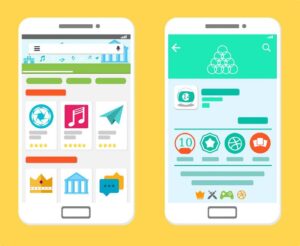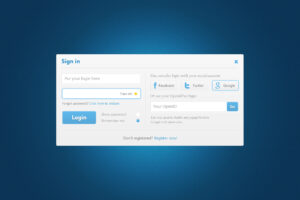
Creating an educational app can be an effective way to reach learners of all ages and can help you to reach new customers and generate repeat business.When creating an educational app, there are many considerations to keep in mind in terms of features, benefits and costs. Features When creating an educational app, it’s important to consider what type of features you will need in order to make it effective. These can include a course content library, a personalized learning plan, multimedia content such as videos and audio clips, feedback options, progress tracking, quizzes and exams, and the ability to collaborate with other learners in real-time. Benefits When creating an educational app, there are many benefits to consider for both learners and educators. Learners can benefit from having an engaging, customisable educational experience that can be accessed at any time and from any location with an internet connection. Educators can benefit from having an efficient platform for creating and delivering courses. This can help to facilitate collaboration between educators and learners, and allow for feedback and progress tracking. Costs Creating an educational app does come with some associated costs. These include development costs, hosting costs, marketing and advertising costs, and maintenance costs. Depending on the features of your app, development costs could range anywhere from a few hundred dollars to tens of thousands of dollars. Hosting costs will depend on the size and complexity of your app, while marketing and advertising costs will depend on the scope of your campaign. Finally, maintenance costs will include updates, bug fixes, and security measures
Creating an Educational App to Reach Learners of All Ages The education space is rapidly evolving, with the introduction of new technologies and tools to make learning more engaging and effective. An educational app can be a great way to reach learners of all ages and to generate new business and ensure repeat customers. In this article, we will explore








